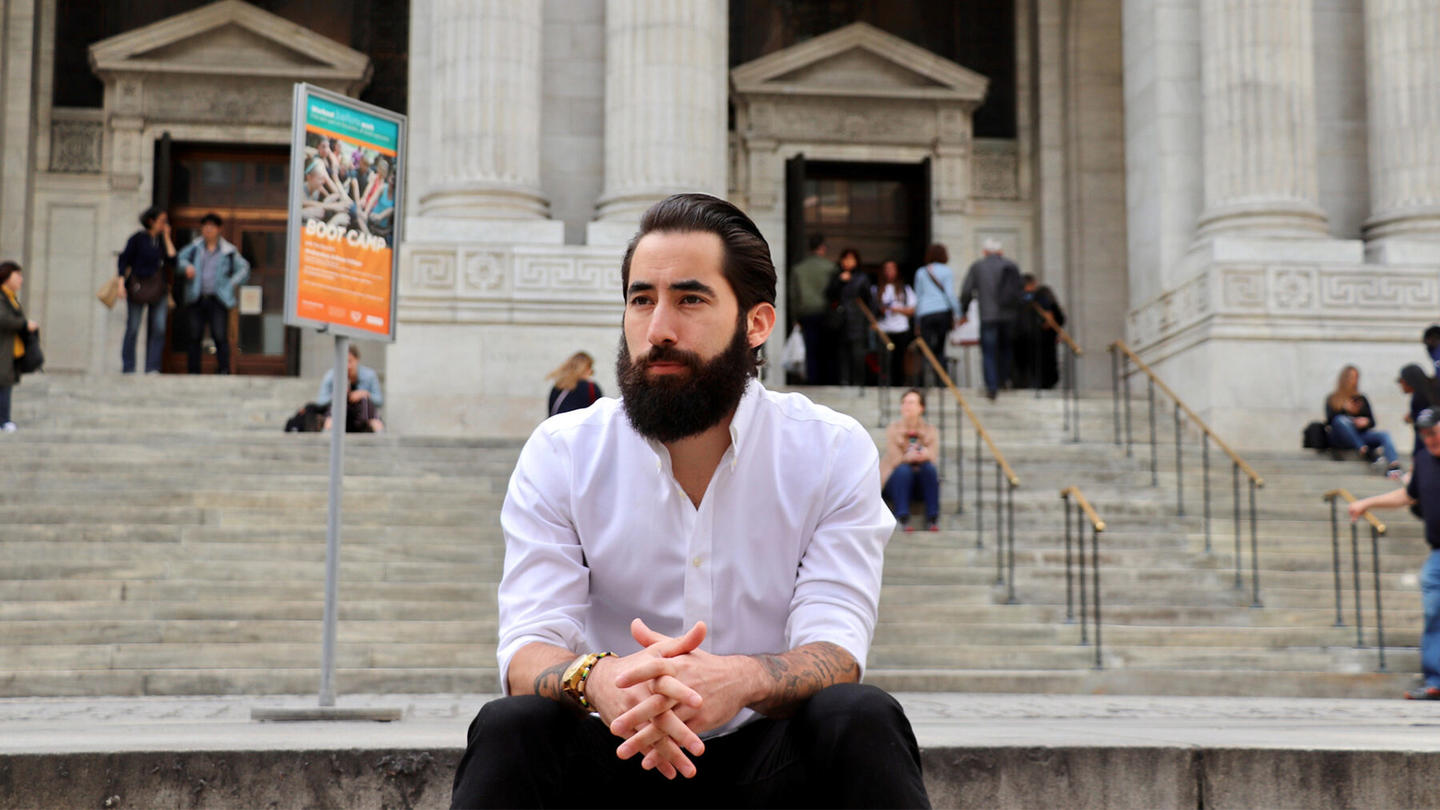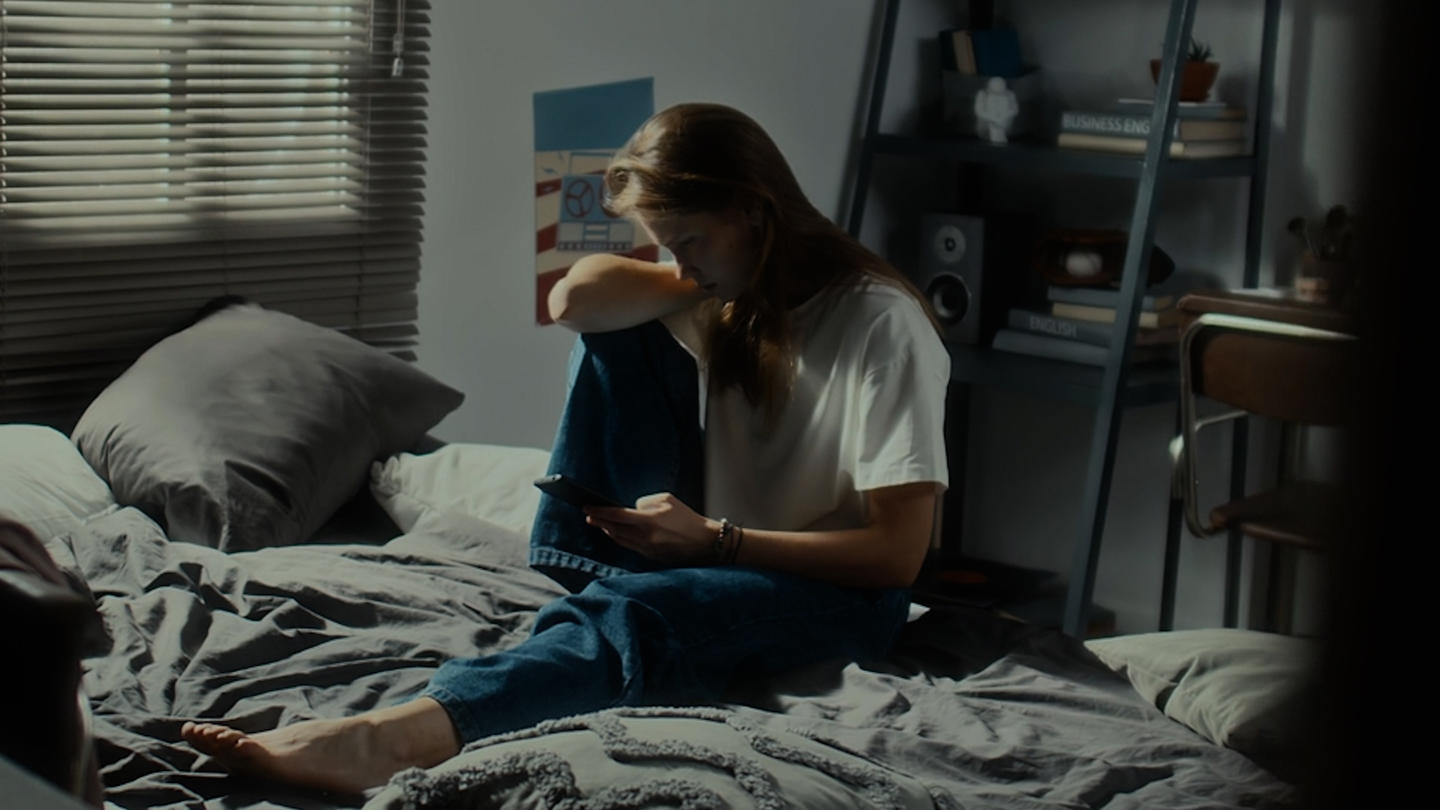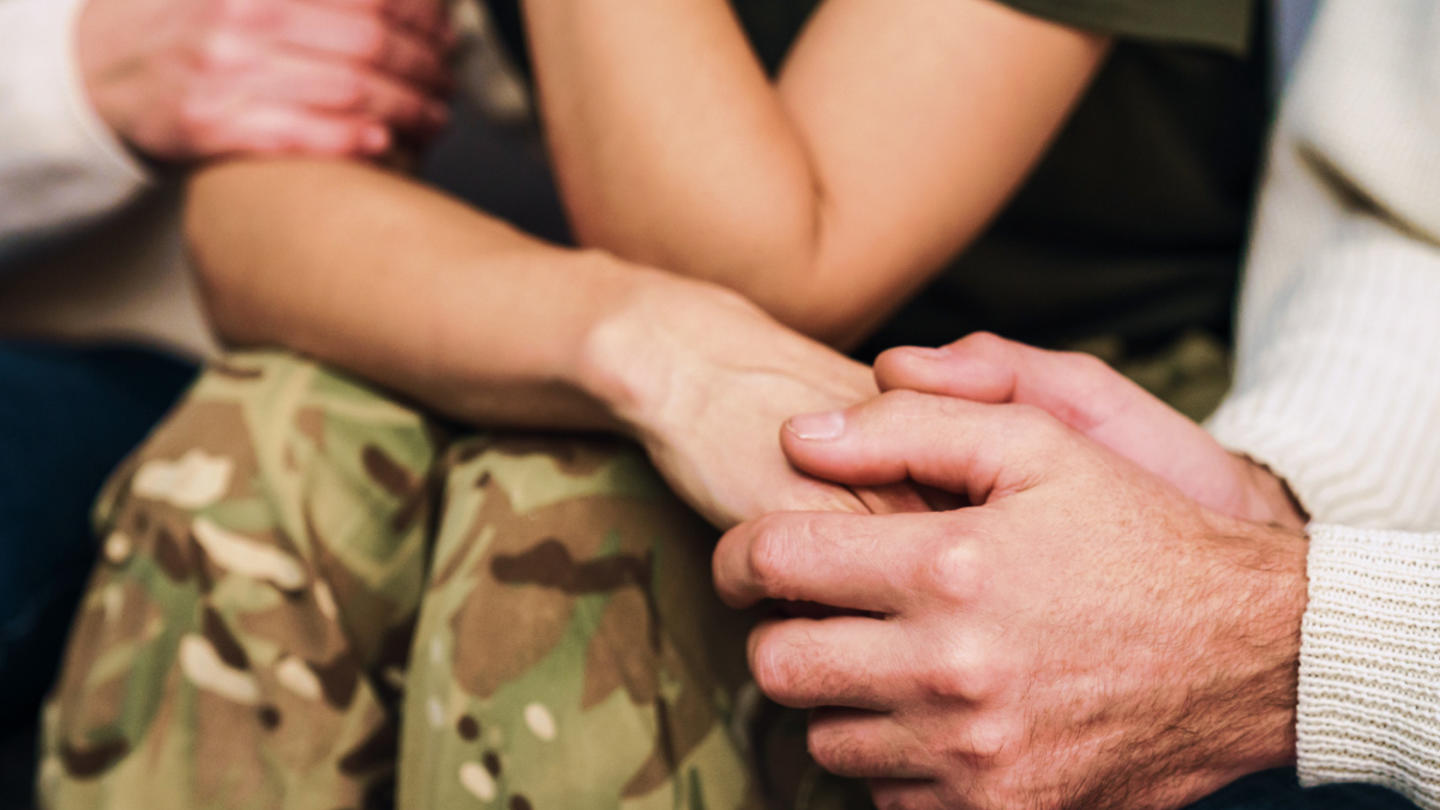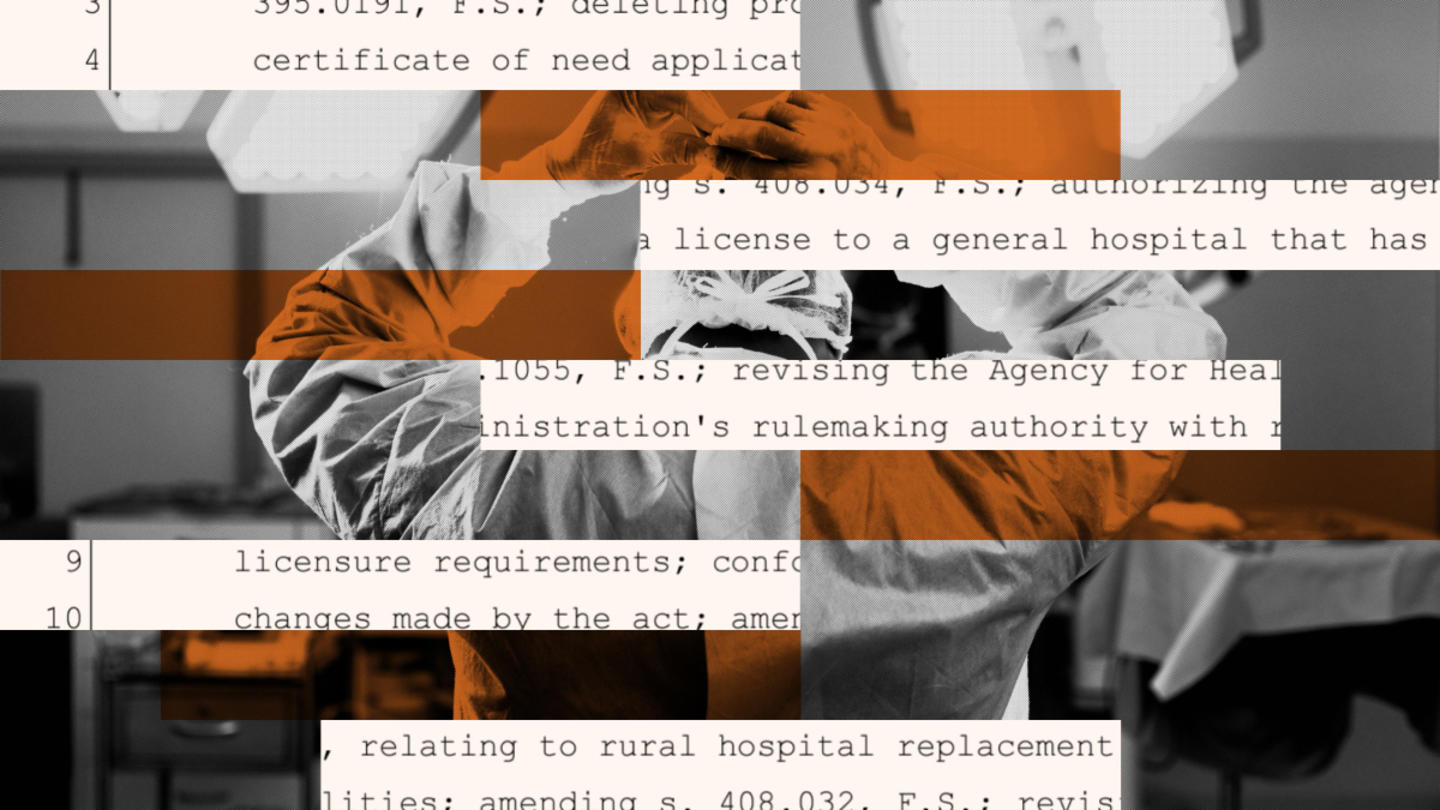Veterans frequently return home from a tour of duty with visible injuries – but often, the wounds that cut deeper are invisible. The National Center for PTSD reports that nearly 20 percent of veterans who served in Iraq and Afghanistan suffer from post-traumatic stress disorder. Despite the acute need for mental health care among military service members, fewer than half of veterans in need receive treatment.
The reasons? "The first is stigma. It's hard to ask for help when we as a society have required so much bravery to do so," says Derek Coy, a Marine veteran. Mental health care can also be prohibitively expensive and difficult to access. On top of that, most services require navigating a complex maze of eligibility criteria. Colonel (USA, Ret.) Jim McDonough, executive director of Headstrong, says these compounding factors "turn people away from the very care that they earned."
Breaking down barriers
Headstrong, a Stand Together Foundation partner since 2017, is a nonprofit that provides cost-free, bureaucracy-free, stigma-free, and confidential mental health treatment for veterans and their families. Jim summarizes the organization's approach in three principles: "It doesn't cost anything. We're not going to approach this with any form of stigma. And we're not going to create any bureaucratic hurdles for you to access care."
Unlike many mental health treatment programs, Headstrong doesn't place time boundaries on care, understanding that healing is a long — and sometimes lifelong — road. Headstrong is also comprehensive in scope, offering services for family members as well as veterans. "Most of the systems or care that our government provides are focused on the veteran," Jim says. "But what's going on in our lives carries over to other people's lives, and sometimes [family members] need the same degree of care and treatment and access that is being afforded to veterans."
Since 2012, Headstrong's trauma clinicians have served more 1,700 clients suffering from PTSD and related conditions, including Derek Coy. After struggling with his mental health for years, Derek reached out to Headstrong in hopes of healing and becoming a resource for fellow veterans. He now works as a veterans' health officer at the New York State Health Foundation. "Once you realize there really aren't any excuses, treatment becomes a realistic possibility," Derek says.
A new form of care
When the COVID-19 pandemic made in-person treatment sessions impossible, Headstrong moved quickly to adapt its care model. A partnership with Weill Cornell Medical College provided the resources necessary to transition to teletherapy. Last spring, Headstrong and its clinicians implemented online treatment services, understanding that economic instability and social isolation made veterans' needs more urgent than ever.
The shift to telehealth was born out of necessity, but the new model has enhanced Headstrong's services. Remote appointments allow veterans to receive care immediately. Transportation no longer poses a challenge, and because clinicians aren't tied to a physical location, Headstrong can reach segments of the veteran population who were previously shut out from care, whether due to geographic limitations or a shortage of clinical capacity.
Since transitioning to a hybrid model, clinicians continue to treat more than 1,000 veterans a month. Jim says teletherapy is here to stay, and that Headstrong will offer remote services to clients wherever they are needed: "We're going to do what we can physically, and we're going to continue to do what we do over virtual platforms as well."
No mind left behind
Headstrong's model of in-person care isn't the only thing affected by the pandemic: the organization's entire financing model has been disrupted. For eight years Headstrong relied on in-person events to achieve support from donors. But this year, galas are out of the question.
To support the continuing care of veterans, Headstrong launched the No Mind Left Behind campaign. The name hearkens back to the promise soldiers make to one another in battle: "No comrade left behind." The fundraising initiative employs creative storytelling to spread Headstrong's message online. Supporters can give at different funding levels to help underwrite clinical sessions, expand telehealth access for veterans in rural markets, and support improved data analysis. By increasing digital engagement, the team hopes to reach smaller-scale donors and a wider audience.
The pandemic hasn't slowed veterans' need for mental health care — if anything, it has intensified it. And despite the economic precarity caused by the pandemic, Headstrong's donors have responded to the call. No Mind Left Behind is almost halfway to its $3 million goal. "What I'm finding," Jim says, "is that people's generosity remains through this all."
Headstrong is supported by Stand Together Foundation, which partners with the nation’s most transformative nonprofits to break the cycle of poverty.
Learn more about Stand Together’s health care efforts and explore ways you can partner with us.




